MURKY WATERS
Durban’s sewage-fouled beaches closed again after dead fish wash up in Umgeni River
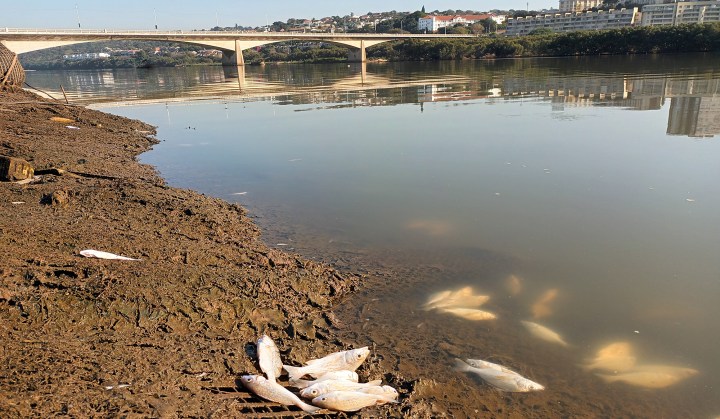
Durban has been forced to close at least 13 swimming beaches again after sky-high sewage pollution readings came to light on Monday, coinciding with another massive fish die-off – this time at the mouth of the Umgeni River.
Several hundred (more likely thousands) of fish and fingerlings have died in the Umgeni River, stained dark brown from repeated sewage pollution leaks in the aftermath of the April floods. However, regular sewage leaks from several dysfunctional wastewater treatment works in the city predate the most recent flood damage to the metro’s water and waste infrastructure.
Late on Monday, the eThekwini Municipality confirmed that it was closing 13 local beaches until further notice. Coincidentally, the announcement came barely 45 minutes after Our Burning Planet sent copies of independent laboratory test results to the City that reveal alarming levels of E. coli (sewage bacteria) at several beaches along the central and northern tourist areas.
Durban’s sewage-fouled beaches closed indefinitely for swimming
Despite our requests, the City has not published its latest official beachfront pollution measurement results, but the local citizen watchdog group, Adopt-a-River, sent us the results of beach and river pollution water samples that were collected on 18 August and analysed by the Pietermaritzburg-based Talbot Laboratories group. The group is accredited by the SA National Accreditation System.
The Talbot results show that at least nine beaches are heavily contaminated by E. coli bacteria – way above the level regarded as safe for recreational swimming.
Early warning bells about the potential threat to public health began to ring more loudly late on Sunday, when a tide of dead or dying fish floated to the surface of the Umgeni River less than a kilometre from where it enters the Indian Ocean and adjoining tourist beaches.
Following queries from Our Burning Planet about the recent death from diarrhoea of 36-year-old Mariannhill resident Rashnie Baijnath, the City confirmed at the weekend that municipal tap water in the Mariannhill/Birchwood area west of the city is polluted and not fit for human consumption.
Though the City refused to state, explicitly, what had polluted the tap water in this area, it has advised affected residents to boil municipal water for at least a minute before drinking it or using it for food preparation. This points strongly to a source of bacterial pollution, rather than chemicals, heavy metals or other pollutants.
The latest fish die-off near the mouth of the Umgeni River follows a similar event in the Isipingo River south of central Durban less than two weeks ago due to sewage pollution.
When we went to the Umgeni River early on Monday, dead fish were strewn along the southern river bank between the Athlone Bridge and the model yacht pond.
Local resident Shabir Khan was horrified, exclaiming: “Just look at this! All these dead fish. It’s going to take years for the ecosystem to recover.”
Despite being increasingly degraded by pollution and starved of dependable water flows due to several dams being built along its course from the KZN Midlands, the estuary of the Umgeni River remains an important nursery ground for a variety of juvenile marine fish, which shelter here from larger predators before swimming back to restock the sea.
Oh crap! Prolonged closures likely for Durban’s flood-polluted beaches
Pointing to the multitude of dead and dying mullet, grunter, crabs, prawns and other estuarine species, resident Shanjay Mohan said he was worried that unscrupulous fishermen were collecting dead fish and selling them to poor communities.
Pointing to a fisherman in a small, home-built boat casting his gill net near the river mouth, Mohan said he was concerned that diseased or dead fish were being collected and sold to people who had no idea where they came from. Several herons, egrets and pelicans were also seen feasting on the dead or dying fish.
In response to our queries, the City said staff had been deployed to the river to remove dead fish.
“We are unaware of any collection of fish by residents. However, we strongly urge residents to refrain from collecting the dead fish, as this will pose a risk to their health.”
According to the City: “The sewer system has been overflowing since it was damaged by the April floods and, since then, we have had no fish kill. However, just prior to the weekend and over the weekend, a dark black effluent entered the Northern Waste Water Treatment Works, which then discharged into the river.
“This could quite possibly be a very toxic effluent which could have been the cause of the sudden fish kill. There is currently no black effluent entering the [Northern works] or the river. The matter is being investigated.”
Visit Daily Maverick’s home page for more news, analysis and investigations
But back on Durban’s popular Golden Mile and Umhlanga beaches, the Talbot sample results suggest that sea water is heavily polluted from continued sewage overflows.
Some of the most heavily polluted beaches include Umhlanga’s main beach (more than 24,000 E. coli cfu/100ml) and Bronze Beach (more than 17,000 cfu/100ml).
According to Talbot/Adopt-a-River, “ideal” sea water for recreation should not exceed 250 cfu, while any readings over 500 cfu are considered “critical” in terms of water safety.
Along the central beachfront, all Talbot results are also more than 500 cfu, with 18 August readings at more than 9,000 cfu at Battery Beach, over 3,600 at Country Club Beach, 1,860 at the Point and 1,200 at the uShaka Blue Flag beach.
In an official statement on Monday, the eThekwini Municipality said: “The public is informed that the City has taken the decision to close some beaches with immediate effect due to high levels of E. coli in the water. This decision is a consequence of recent water testing results, which confirmed high levels of E. coli.
“All water activities, such as swimming, surfing, fishing, bathing, canoeing and other activities taking place at City beaches, are therefore prohibited. Beachgoers are urged to heed this warning as disregarding it could result in outbreaks of waterborne diseases.”
The closed beaches include Westbrook, uMhlanga Main, Umdloti, Casuarina, eThekwini, Laguna Seasonal, Ansteys, Brighton, Isipingo, Reunion, Warner, Amanzimtoti Main and Pipeline.
The City added that “lifeguards and law enforcement officers will be on site to monitor the beaches to ensure the public adheres to the closures. The public will be notified when the beaches are deemed safe to utilise”. OBP/DM


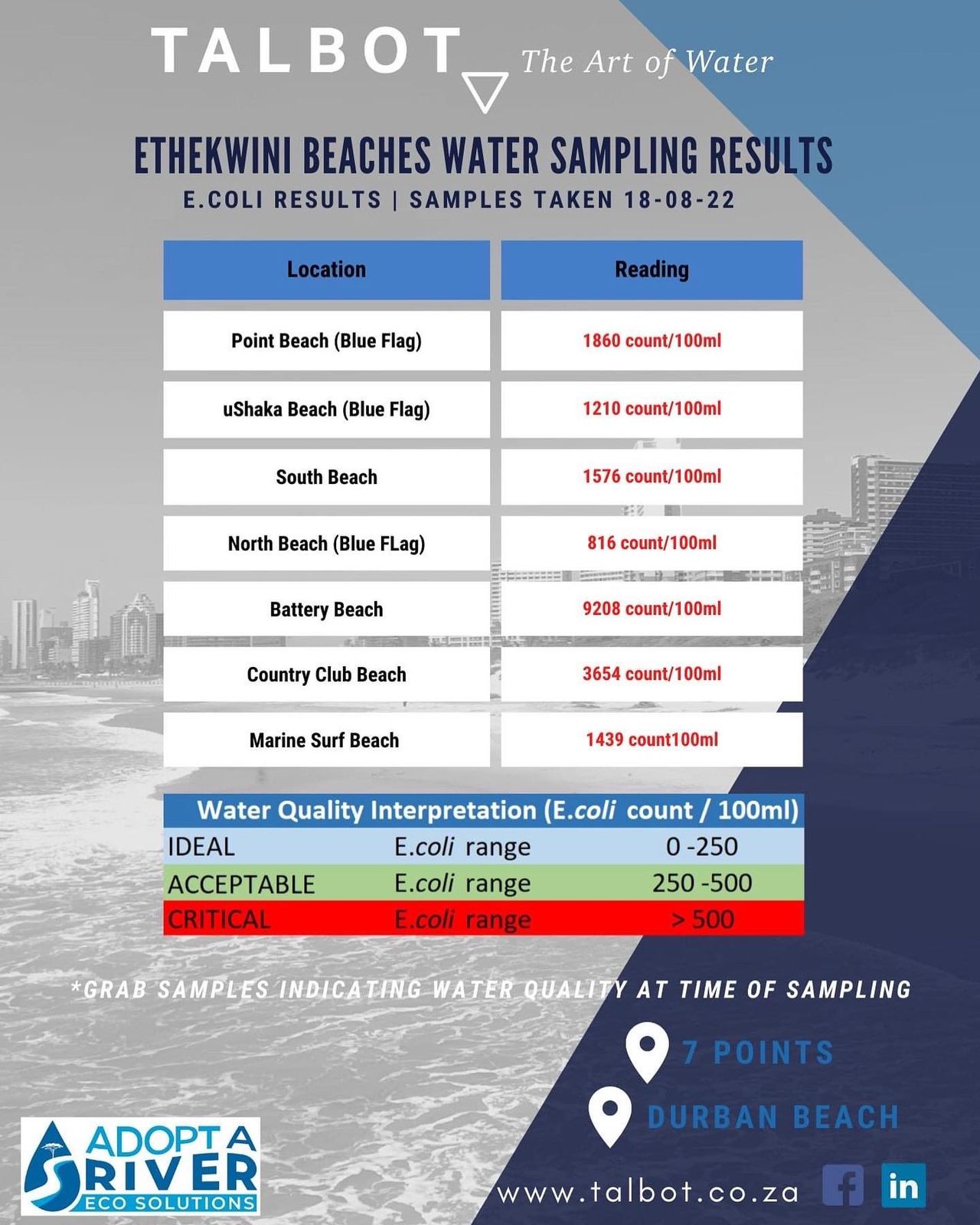
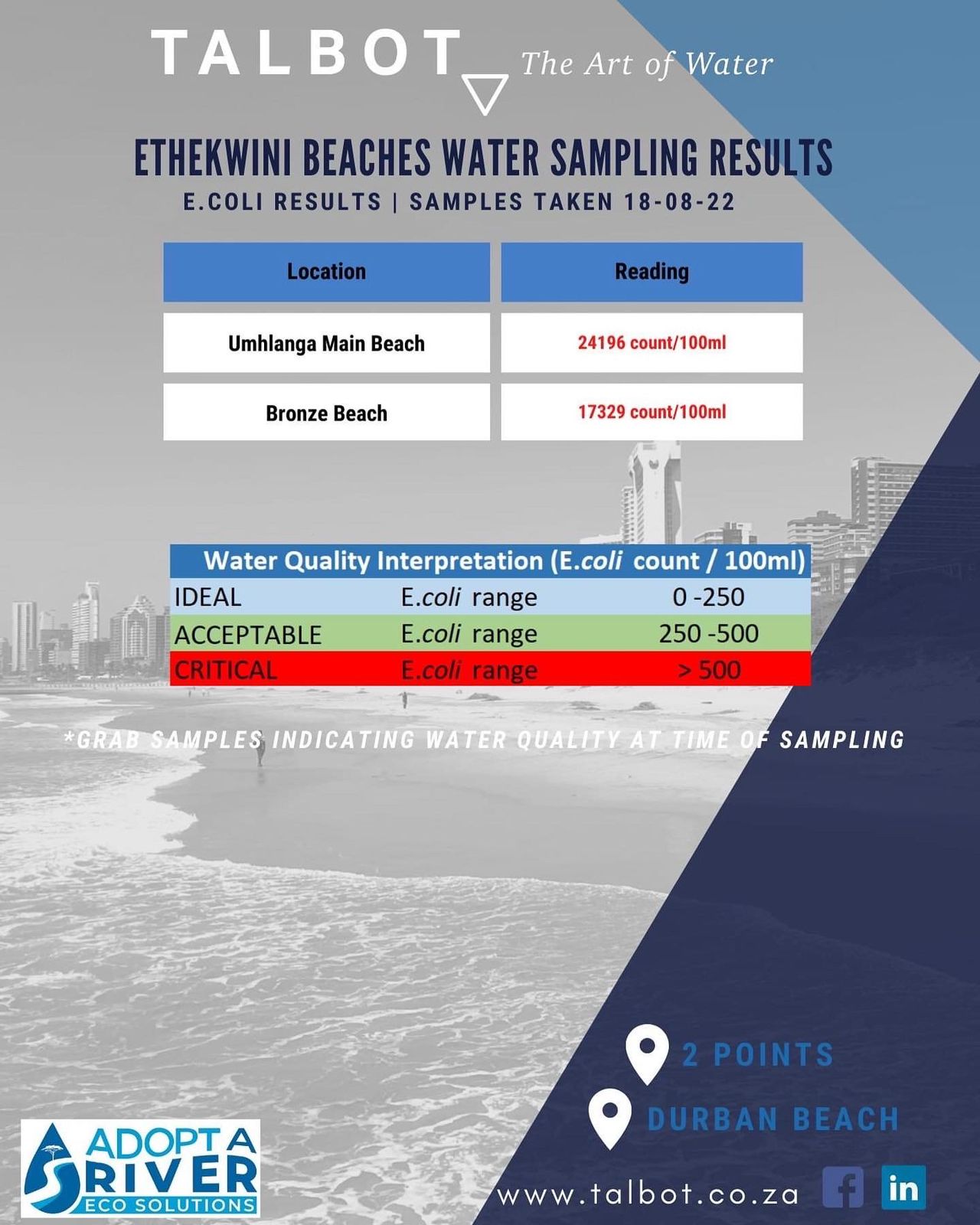
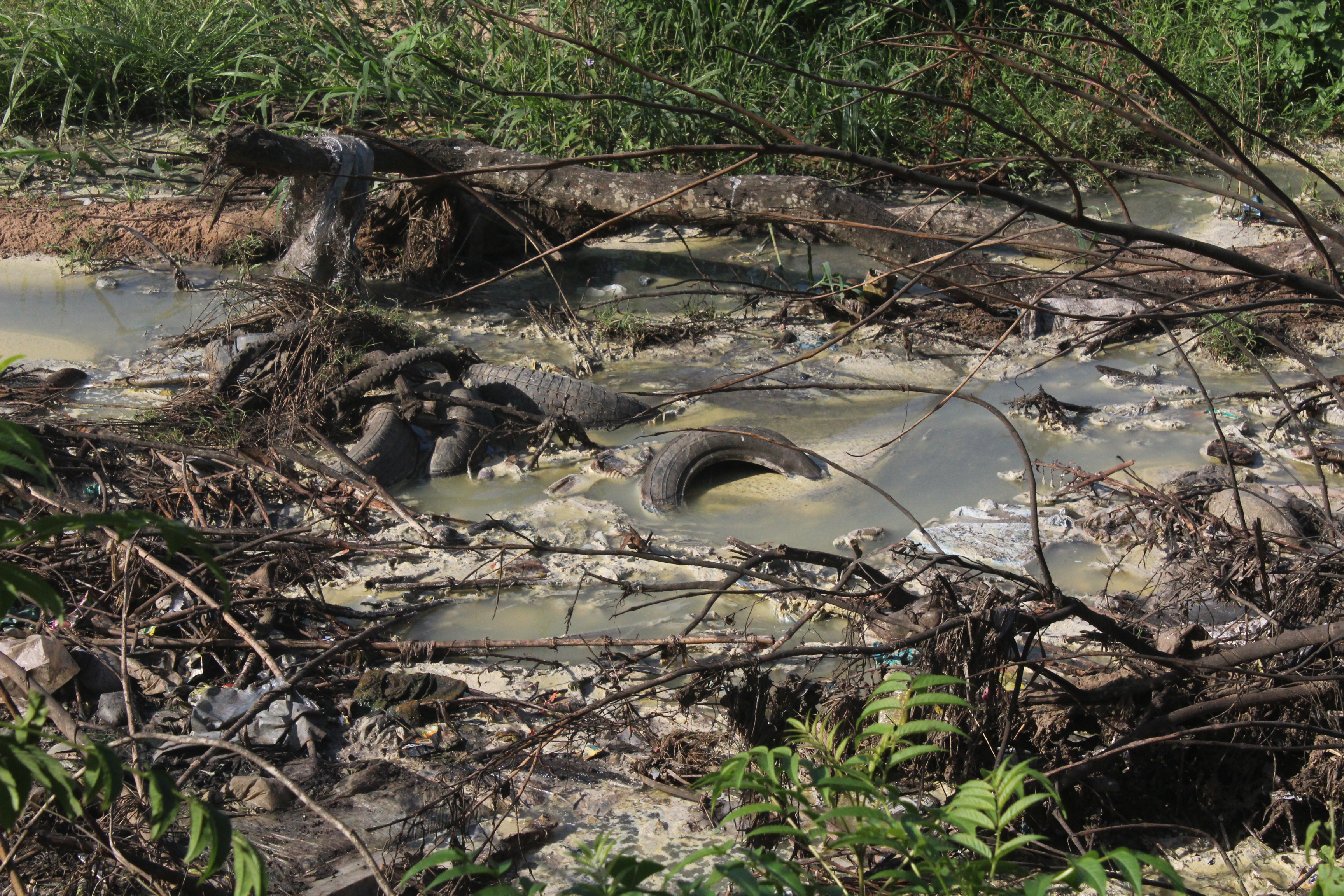
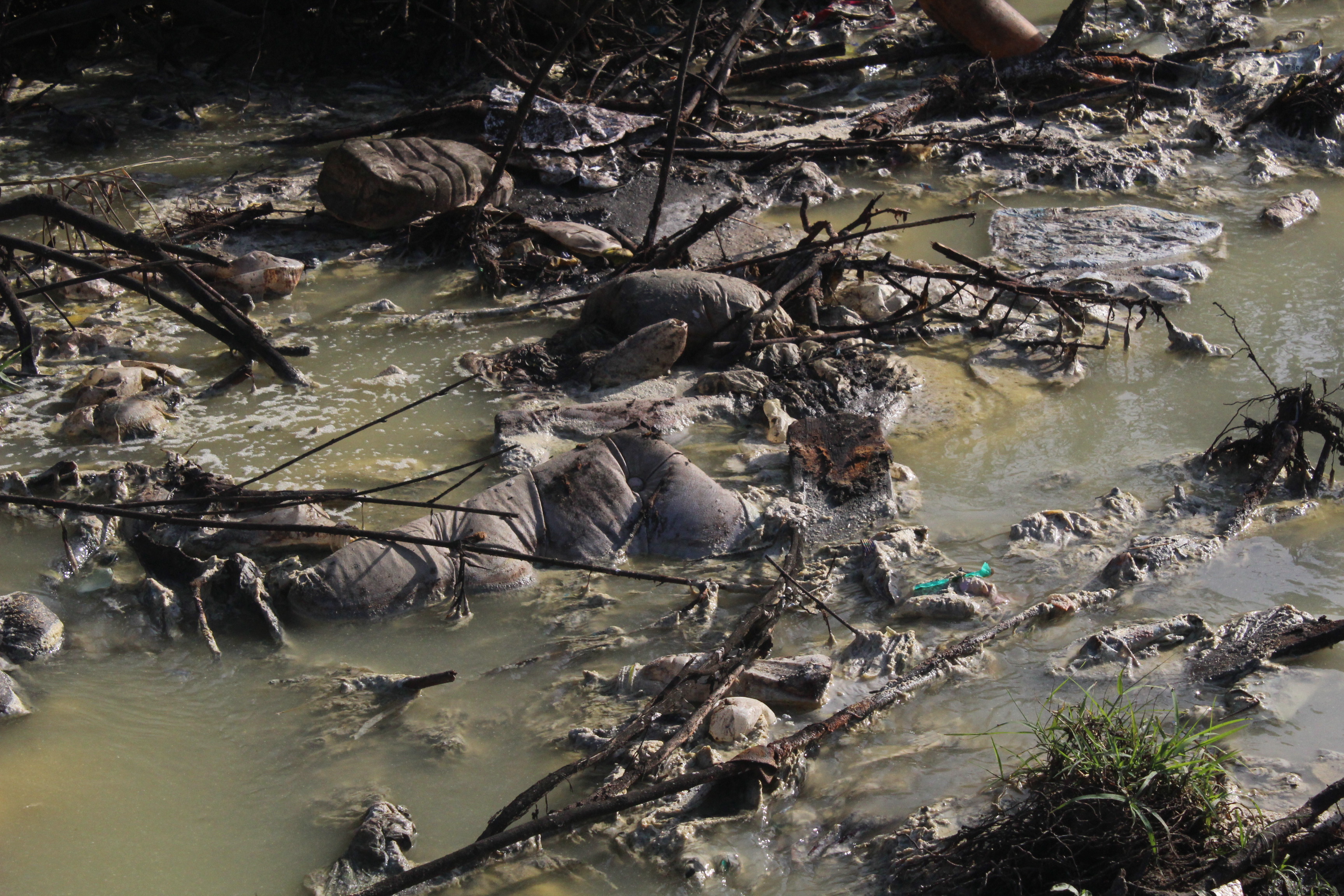
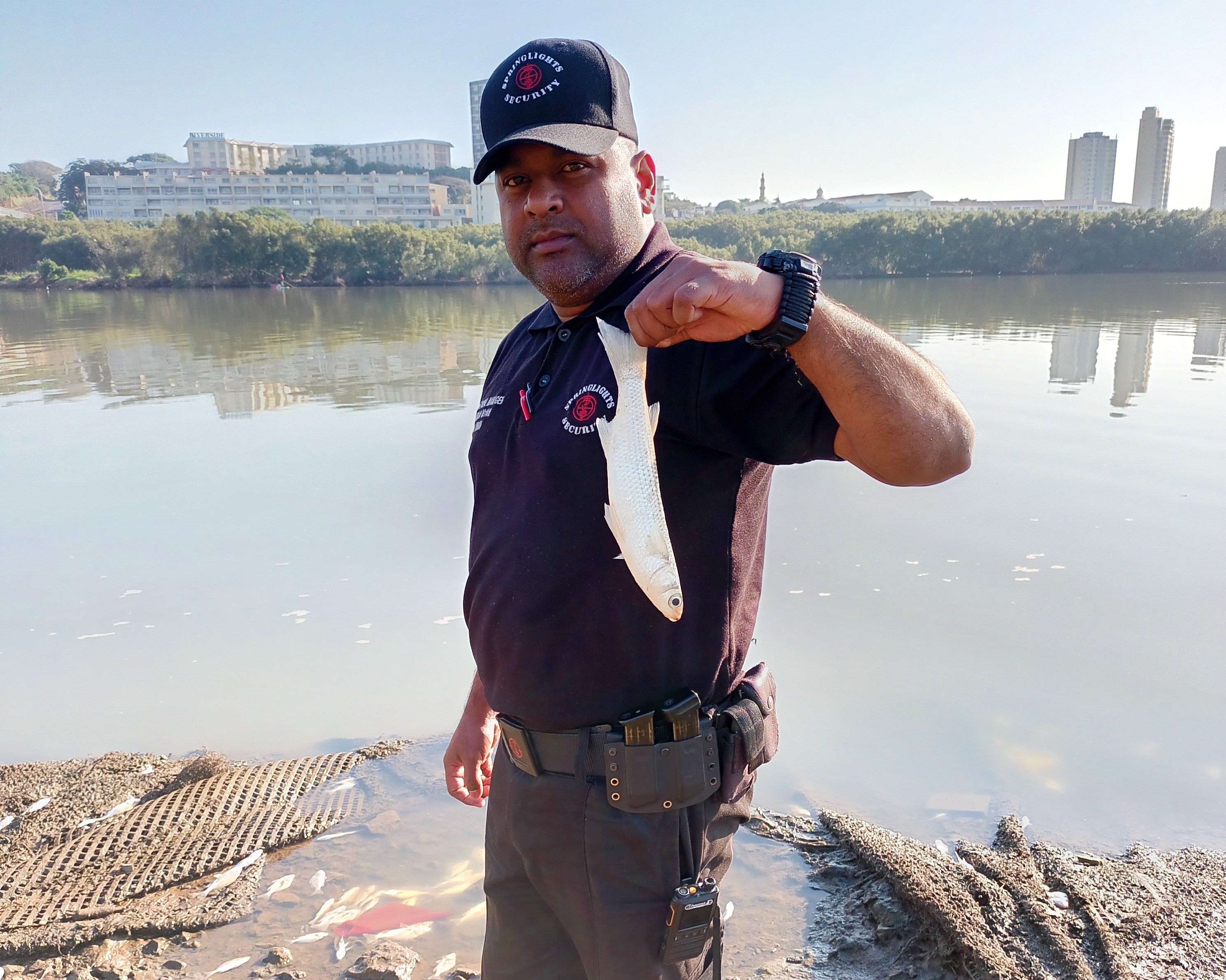
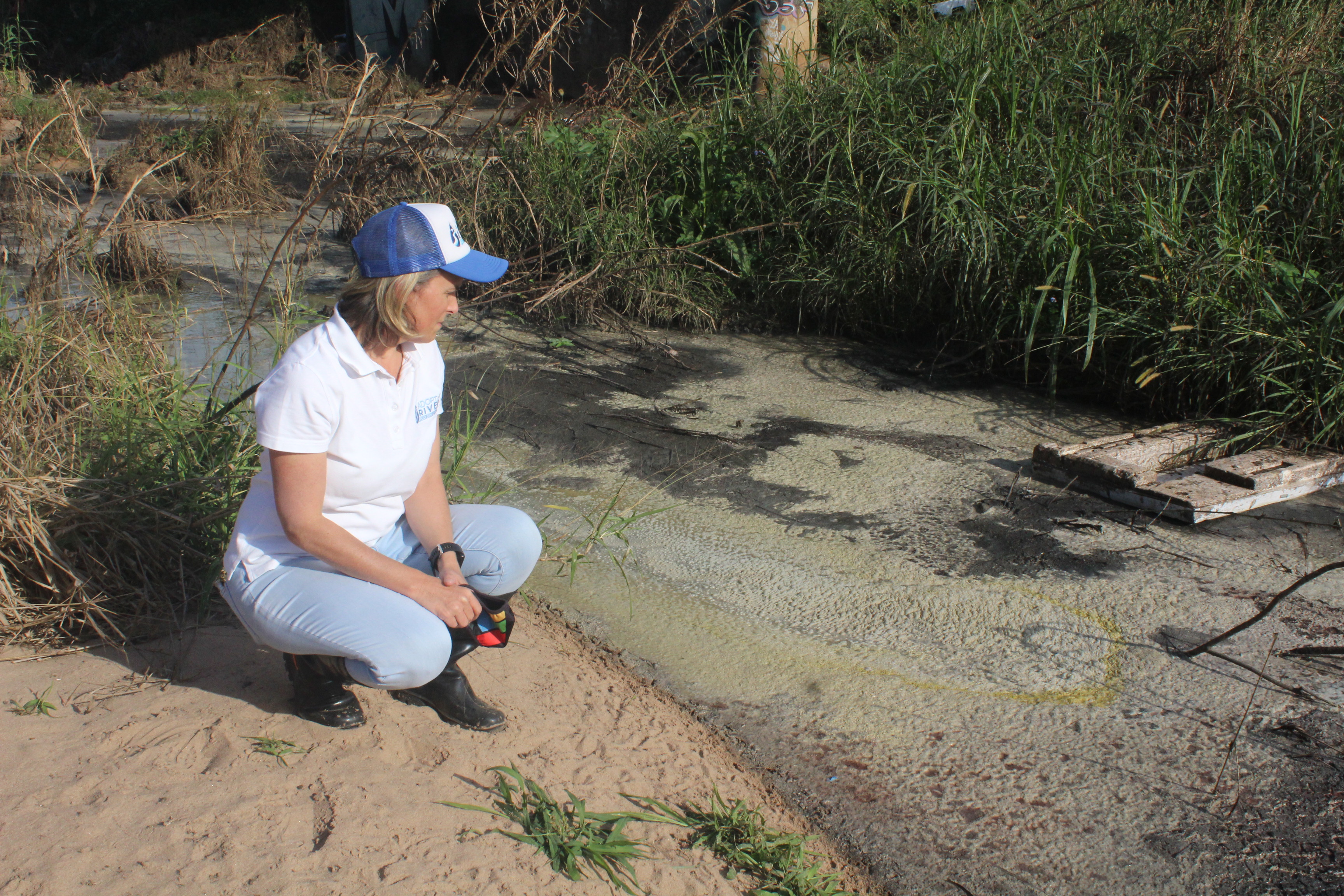
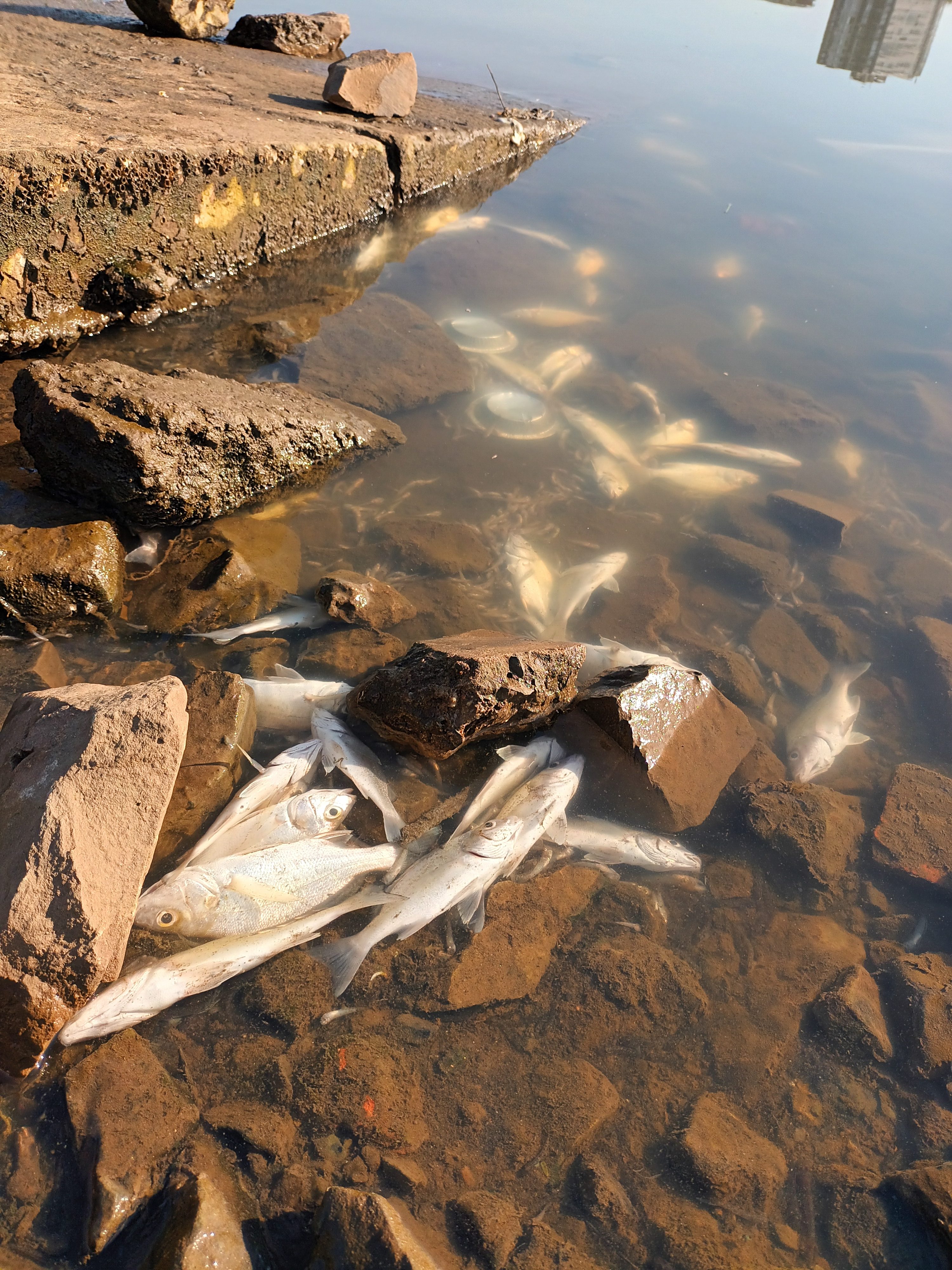





















 Become an Insider
Become an Insider
A sign of things to come ! How can any city function in the face of uncontrollled shack building on every hill and patch of vacant land in and around Durban. A tsunami of squatters with zero intervention by a useless Government. It will only get much worse.